The United States is pushing India to open its market for American agricultural and dairy products. However, the Indian government has raised strong cultural and ethical concerns, especially about a controversial product known as “non-veg milk.”
But what exactly is non-veg milk, and why is there a heated debate around it? Here’s a detailed explanation in simple, human-written English.
What Is Non-Veg Milk?
Non-veg milk is milk obtained from cows that are fed animal-based feed, including meat, blood, and fat from other animals.
In the US and several Western countries, dairy cows are often given feed that includes:
Blood meal: Dried animal blood, mainly from pigs and horses
Meat meal: Ground-up remains of dead animals like pigs, chickens, fish, cats, and dogs
Fat: Extracted from slaughtered animals to increase weight
This animal-based diet helps cows grow faster and produce more milk. However, it raises serious concerns in countries like India, where vegetarianism is widely practiced, and cows are considered sacred.
India’s Position on Non-Veg Milk
India has made it clear that it does not want to allow such dairy imports. The Indian government argues that importing dairy products made from cows fed on animal blood and meat would hurt:
Religious sentiments
Cultural values
Domestic dairy farmers
The Indian dairy industry mostly uses vegetarian feed for cattle. This is aligned with the values of millions of Indians who follow a vegetarian lifestyle or have strong religious beliefs tied to animal cruelty.
India has insisted that any imported milk should come only from cows that are not fed meat-based or blood-based feed.
US Calls It a Trade Barrier
On the other hand, the US believes that India’s condition is a “trade barrier.”
The US dairy industry wants access to the Indian market, which is one of the largest in the world. According to American officials, restricting milk based on what the cows are fed is not scientifically justified and hurts free trade.
India’s Dairy Industry in Numbers
India is the world’s largest milk producer.
In 2023-24, India produced 239.2 million tonnes of milk.
India exported $270 million worth of milk products in the same year.
According to the State Bank of India (SBI), if the Indian market opens up to American dairy products, local milk prices could fall by 15%. This would seriously affect the incomes of millions of Indian dairy farmers, most of whom are small or marginal farmers.
What Is Blood Meal?
Blood meal is a key reason why India is resisting US dairy imports.
Here’s how it works:
After animals are slaughtered in meat factories, their blood is collected, dried, and turned into powder.
This powder is rich in protein and used as feed for cows and other livestock.
It helps cows produce more milk and stay healthy.
While this process reduces slaughterhouse waste and pollution, it requires large amounts of electricity and raises serious ethical and cultural concerns in India.
Why Is It a Big Deal in India?
In Indian culture:
Cows are sacred in Hinduism.
A large population is vegetarian by religion or lifestyle.
Feeding cows with pig or horse blood is seen as highly offensive and unacceptable.
Thus, even though the milk may look the same, the process behind it is what makes non-veg milk unfit for Indian consumers from a cultural and ethical point of view.
What’s Next?
India has stood firm in its negotiations with the US. While trade talks continue, India has refused to compromise on its dairy sector and cultural concerns.
This clash is not just about milk—it’s about:
Cultural identity
Farmer protection
Food ethics
India’s demand is simple: Only milk from vegetarian-fed cows should be allowed into the country. The US, however, continues to push back, calling it an unfair restriction.
As trade negotiations move forward, the issue of non-veg milk will likely remain a key sticking point between the two countries.
Conclusion
The debate over non-veg milk is more than just about food. It highlights the complex intersection of trade, culture, religion, and ethics. While the US sees India’s dairy restrictions as anti-trade, India views them as necessary to protect its people, culture, and farmers.
For now, India has chosen values over trade, but whether this stance can hold under global trade pressure is something to watch in the coming months.

BBW News Desk is the editorial team of BigBreakingWire, a digital newsroom focused on global finance, markets, geopolitics, trade policy, and macroeconomic developments.
Our editors monitor government decisions, central bank actions, international trade movements, corporate activity, and economic indicators to deliver fast, fact-based reporting for investors, professionals, and informed readers.
The BBW News Desk operates under the editorial standards of BigBreakingWire, prioritizing accuracy, verified information, and timely updates on major global developments.
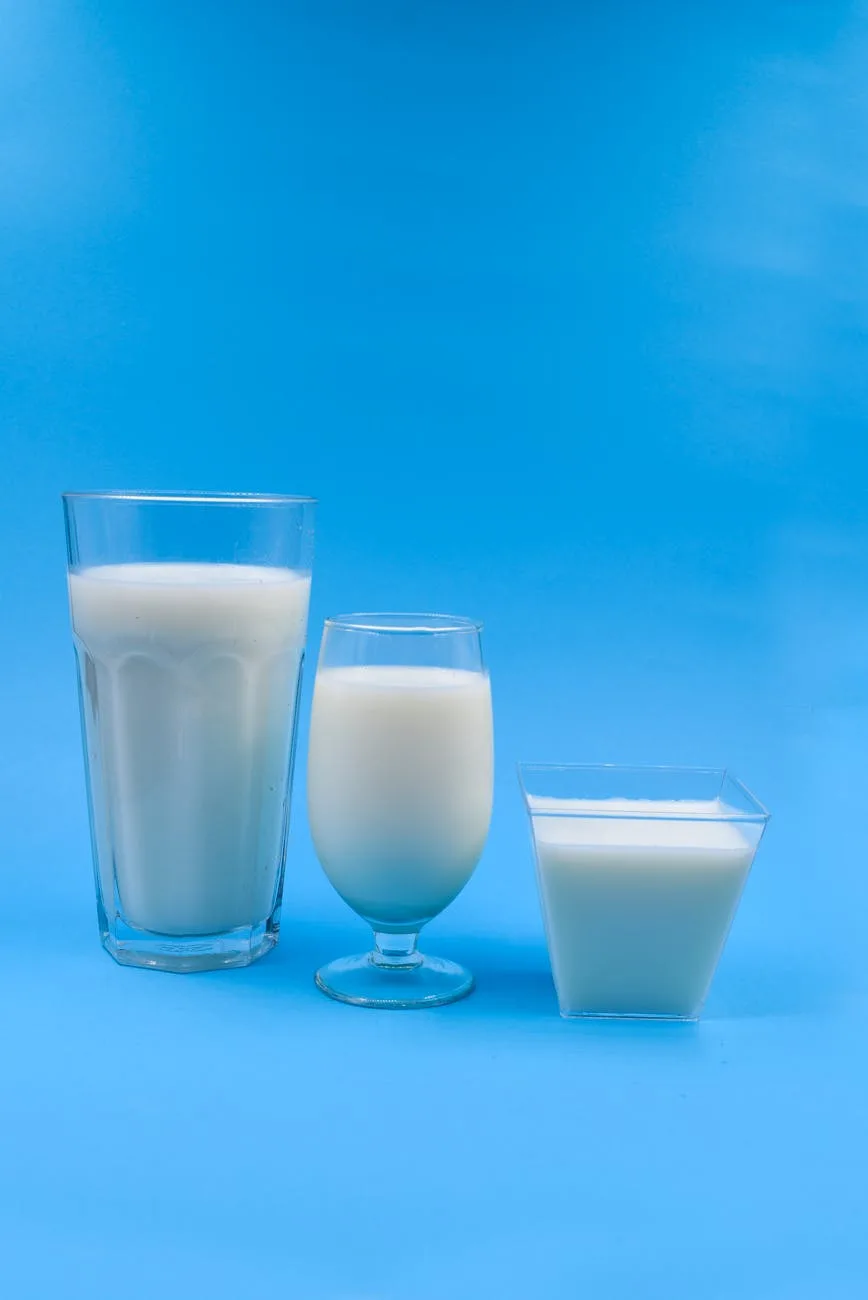









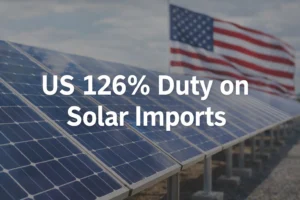










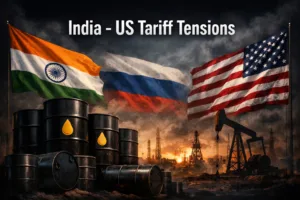



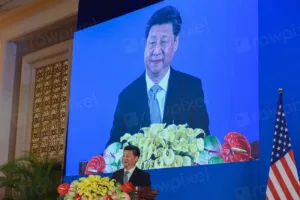



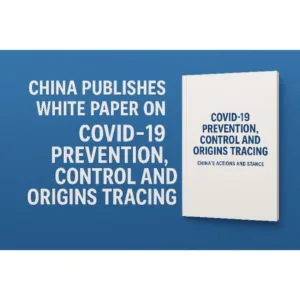


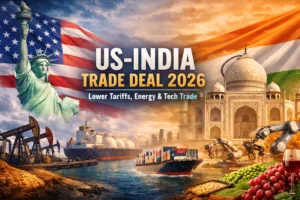
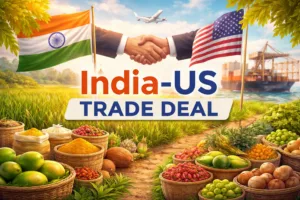


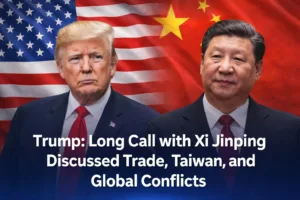



One Comment